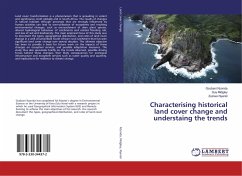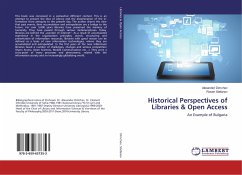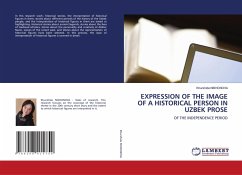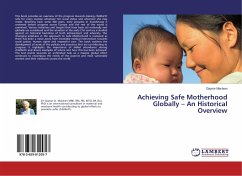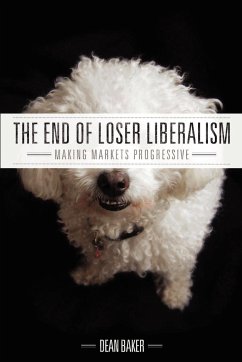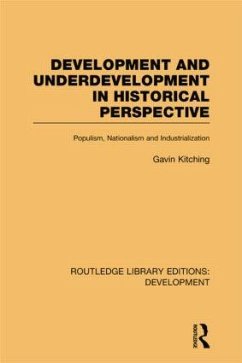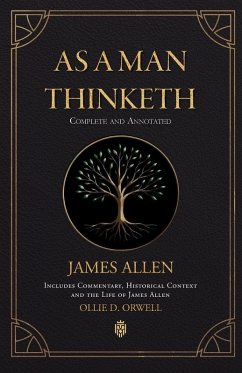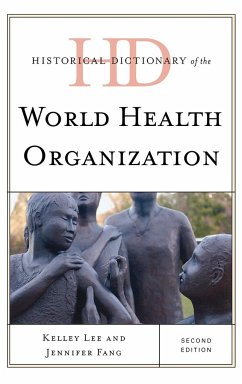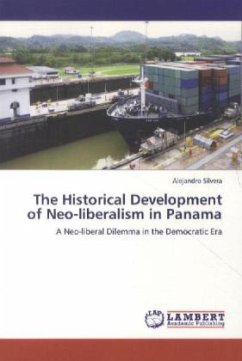
The Historical Development of Neo-liberalism in Panama
A Neo-liberal Dilemma in the Democratic Era
Versandkostenfrei!
Versandfertig in 6-10 Tagen
32,99 €
inkl. MwSt.

PAYBACK Punkte
16 °P sammeln!
After the American invasion of 1989 and the return of the Panama Canal Zone to Panama ten years later, the Central American nation still fights to have a real independent and national identity in times when neo-liberal globalization and free-market democracy permeates the political and economic order of most countries around the world. It is this dilemma that I want to address in the present monograph since I am convinced that every country in the world has a different reality and different perspective of assessing political and economic affairs. This monograph, therefore, contains not only a ...
After the American invasion of 1989 and the return of the Panama Canal Zone to Panama ten years later, the Central American nation still fights to have a real independent and national identity in times when neo-liberal globalization and free-market democracy permeates the political and economic order of most countries around the world. It is this dilemma that I want to address in the present monograph since I am convinced that every country in the world has a different reality and different perspective of assessing political and economic affairs. This monograph, therefore, contains not only a review of the main neo-liberal policies of the last twelve years in Panama, but also seeks to address some social, legal, and political aspects that require special attention Panamanian authorities if they pretend to establish a more egalitarian society within the Isthmus. The monograph also pretends to be a reference for policymakers, scholars, economists, lawyers, and public in general in order to understand the ties that must exist between theories of economic liberalization and the different social needs that impact the needs of the social tissues of a country.



